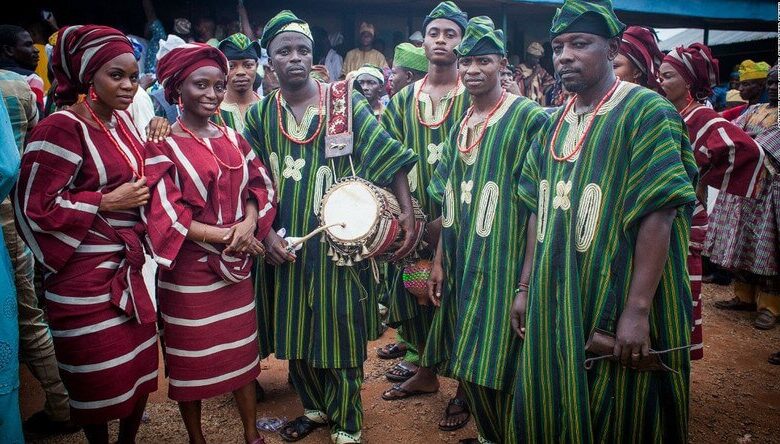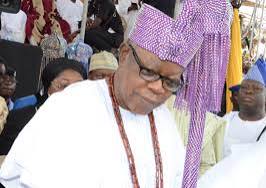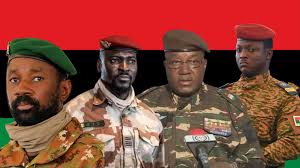NIN Data Confirms Yorùbá as largest Ethnic Group in Nigeria

By Sa’adiyyah Adebisi Hassan
For years, there has been a heated debate about which ethnic group has the highest population in Nigeria. Many have argued that the Hausa of the North are the majority, while others believe the Yorùbá hold this position. Now, with the recent data from the National Identity Management Commission (NIMC), the truth is out in the open.
As of February 2025, the NIN enrolment figures are as follows:
- North-West – 31.48 million
- South-West – 27.75 million
- North-Central – 18.04 million
- North-East – 14.55 million
- South-South – 13.63 million
- South-East – 10.42 million
- Nigerians in Diaspora – 1.49 million
Total: 117.36 million
At first glance, one might argue that the North-West, with 31.48 million, has the highest number of enrollees. But here’s where the critical analysis comes in. The North-West is NOT made up of a single ethnic group. It consists of Hausa, Fulani, and various indigenous tribes, including Bajju, Atyap, Jaba, Adara, Gbagyi, Kurama, and others.
On the other hand, the South-West is almost entirely Yorùbá, with very few minorities. With a massive 27.75 million NIN enrolments, this number almost exclusively represents the Yorùbá people.
Now, let’s break it down further:
The North-West has multiple ethnic groups, yet it only surpasses the South-West by 3.73 million.
The Yorùbá alone have 27.75 million, and if we factor in the millions of Yorùbá in North-Central (Kwara, Kogi, parts of Niger), South-South (parts of Edo, Delta, and even Ondo’s Ijaw communities), and the diaspora, it becomes undeniable that the Yorùbá are the single largest ethnic group in Nigeria.
For years, census figures have been manipulated to favor a particular region, but NIN data is digital, verified, and harder to manipulate. This is why these figures are crucial. The federal government now has a clear picture of Nigeria’s population distribution.
This is not just a claim it’s data-backed reality. Yorùbá are the most populous single ethnic group in Nigeria, and this data from NIMC has put an end to the debate.





